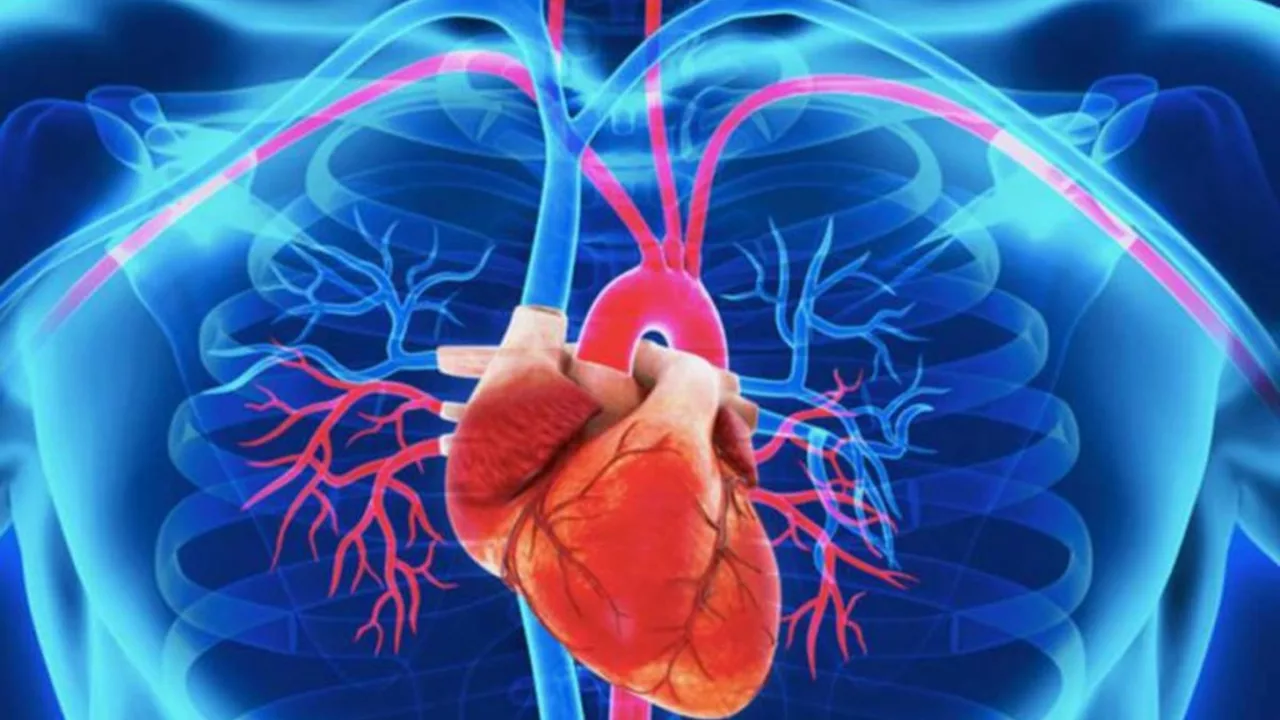Prevent medication mistakes and health risks with practical, easy steps
You don’t need medical training to prevent common drug problems. A few simple habits stop prescription mix-ups, cut side effects, and help you avoid risky online sellers. Below are clear, usable tips you can start using today.
How to prevent unsafe medicine purchases online
Want to buy meds like Methotrexate or Valtrex online? First, always check the pharmacy. Look for a verifiable business address, a licensed pharmacist you can contact, and clear prescription rules. If a site sells prescription-only drugs without asking for a prescription, walk away. Real pharmacies require a script and offer customer support.
Use these quick checks before you click "buy":
- Search for accreditation (Canadian pharmacies may list CIPA).
- Read recent reviews on independent sites, not just the store's testimonials.
- Confirm secure checkout (look for HTTPS and a visible privacy policy).
- Compare prices—huge discounts can mean counterfeit or expired stock.
Everyday prevention: side effects, interactions, and monitoring
Preventing harm from the drug itself matters as much as safe buying. Keep a current medication list (include OTC and supplements like BCAAs or herbal products such as couch grass). Share that list with every provider you see. That helps prevent dangerous interactions—like anticoagulants (Coumadin/warfarin) reacting with new drugs or food.
For certain meds, monitoring is key. If you or a family member takes warfarin, plan regular INR checks and know which foods change your levels. People on methotrexate should schedule lab work and take folic acid if recommended. If a doctor suggests switching from prednisolone to methotrexate, insist on a clear follow-up plan—watching symptoms, labs, and side effects closely makes the switch safer.
Thinking about stopping medicines like Effexor (venlafaxine)? Don’t quit suddenly. Withdrawal can hit hard. Ask your prescriber for a taper schedule and watch for mood, sleep, or flu-like symptoms during the taper.
Other practical prevention moves:
- Store meds in original containers and check expiry dates before use.
- Ask your pharmacist for a plain-language summary of new prescriptions.
- Use a pill organizer or phone reminders to avoid missed or double doses.
- If a drug is in short supply (like some HIV meds), talk to your provider early about alternatives and where to get a reliable supply.
Small steps like these prevent big problems. Treat your meds like power tools: respect the instructions, get the right training (ask questions), and use secure suppliers. If something feels off—unexpected side effects, a sketchy pharmacy, or confusing instructions—pause and contact your doctor or pharmacist. That short pause often prevents harm and keeps your treatment on track.

Can Chlorthalidone Help Prevent Cardiovascular Disease?
In my recent research, I've come across some intriguing information implying that Chlorthalidone, a medication typically used to control high blood pressure, could be beneficial in preventing cardiovascular disease. This drug works by helping your body get rid of excess salt and water, which reduces blood pressure and alleviates strain on the heart. Consequently, it may lower the risk of strokes and heart attacks. While it's important to note that all medication comes with potential side effects, this discovery could be a game changer for those at risk of heart disease. As always, speaking with your doctor before starting any new medication is crucial.
Read more